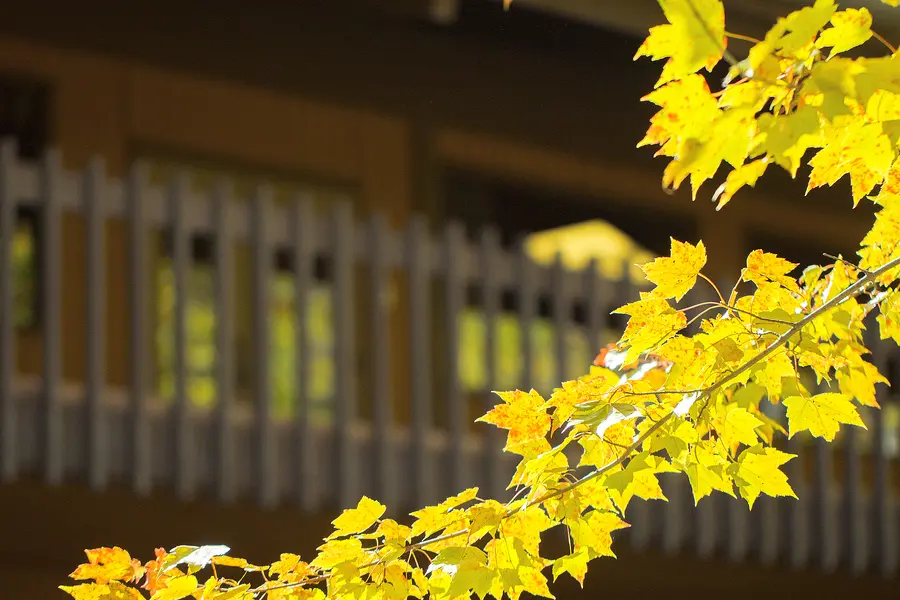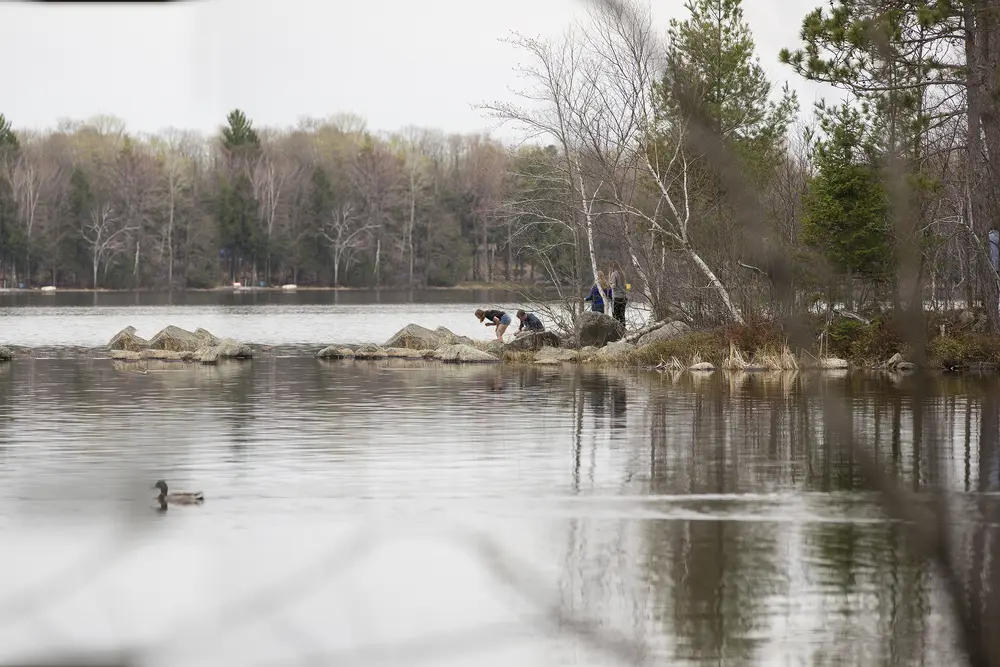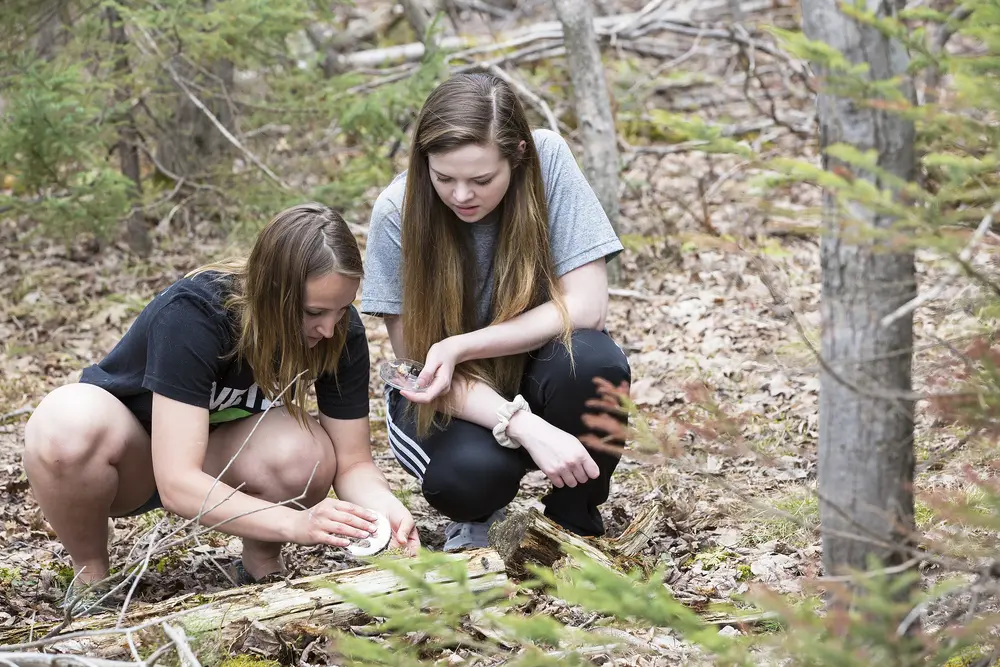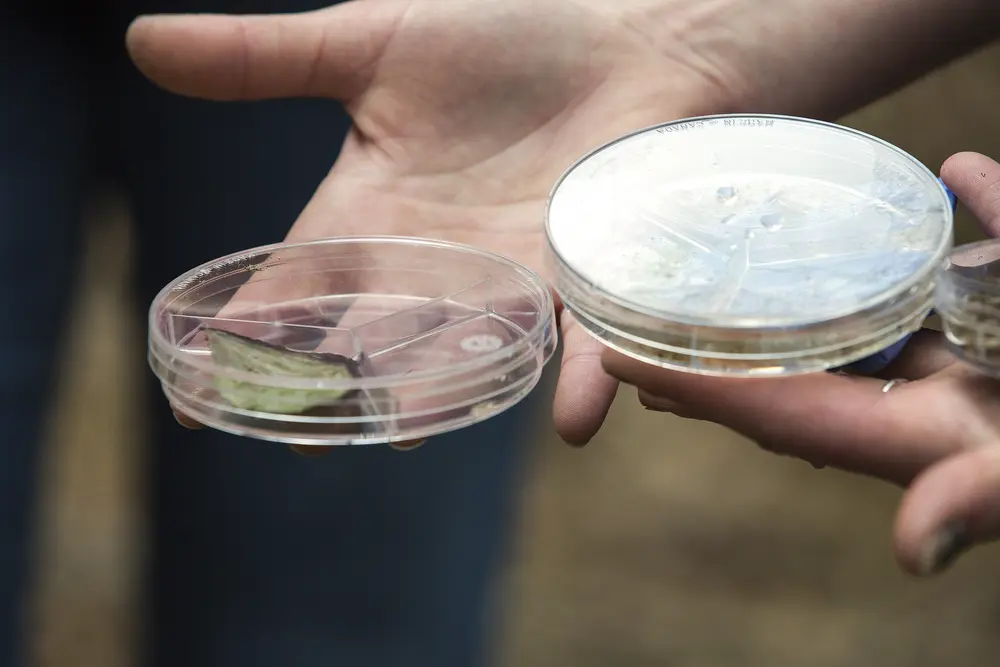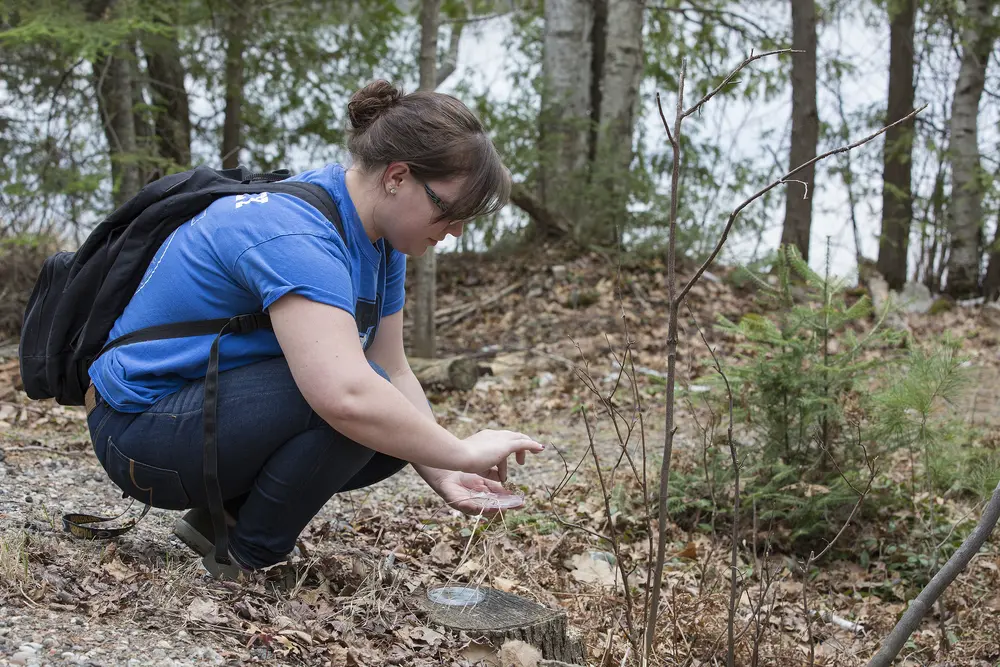Natural Resources Pre-Major
Prepares students to work in the environmental science, natural resources, or earth sciences fields. Students completing this degree and planning to transfer to UW-Stevens Point are eligible to attend the Treehaven summer camp before transferring and will enter any of the College of Natural Resources bachelor’s degree programs with junior standing.
Program Outline
| Course # | Course Title | Credits | |||||
|---|---|---|---|---|---|---|---|
| 2089010100 | Foundations of University Learning | 1.00 | |||||
Description |
|||||||
| 20801219 | English Composition I | 3.00 | |||||
DescriptionDevelops expository writing and critical thinking skills, including clarity, concision, concreteness, and completeness of expression, supported by reasoning, organization, and language conventions. Lecture. |
|||||||
| 20801223 | English Composition II | 3.00 | |||||
DescriptionAdvances composition skills, emphasizing well-reasoned argumentative research papers. Lecture. Credits: 3. Prerequisite(s): 2080121900 English Composition I (D- or better) or 1080119500 W ritten Communication (B or better). |
|||||||
| 20810201 | Fundamentals of Speech | 3.00 | |||||
DescriptionExamines theory and process of communication, the role of speech in self- development, the art of persuasion, topic selection, the use of research-based evidence, and audience analysis. Includes organizing speech content, speech delivery, and critique via presentation of informative and persuasive speeches and development of effective extemporaneous speaking style. Students gain self-confidence, proficiency, and poise. |
|||||||
| N/A | Humanities | 6.00 | |||||
Description
|
|||||||
| N/A | Social Sciences | 6.00 | |||||
Description
|
|||||||
| N/A | Mathematics & Natural Science | 20.00 | |||||
DescriptionRequired:
|
|||||||
| N/A | Health/Wellness/Physical Education | 1.00 | |||||
Description |
|||||||
| N/A | Diversity/Ethnic Studies | 0.00 | |||||
DescriptionCourses that meet this requirement may also count toward Humanities or Social Science. These credits are not in addition to the 60 credits required for the degree. |
|||||||
| N/A | World Language | 4.00 | |||||
DescriptionMay be met with one year high school, with a grade of “C” or better, or one semester in college. |
|||||||
| N/A | Electives | 13.00 | |||||
DescriptionSuggested (if not used to meet natural science requirement) |
|||||||
At A Glance
How You'll Learn
On Campus
Online Classes
Term Starts
Spring 2026
January 12 - 16-Week Spring Term Start
Summer 2026
May 18 - 12-Week Summer Term Start
Start dates represent the beginning of a new term. Certain programs or courses may not be available to start every term. Please view the course schedules for a list of upcoming classes or contact the Welcome Center at 715-365-4493.
Program Tuition*
$12,240
Books & Supplies*
$3,308
*Total cost for degree completion is estimated by current course requirements, books, and supplies. Tuition and fees are set by the Wisconsin Technical College System and subject to change.
Financial Aid Eligible
Potential Indirect Costs
You may experience these additional costs, not charged by Nicolet, estimated based on length of program.
What You'll Learn
- Employ effective verbal and nonverbal communication skills in diverse professional and social contexts
- Demonstrate quantitative reasoning skills at the appropriate undergraduate level
- Demonstrate critical thinking skills at the appropriate undergraduate level
- Demonstrate effective use of scientific method skills in a variety of contexts at the appropriate undergraduate level
- Demonstrate an understanding of the social, cultural, political, and historical dimensions of our world at the appropriate undergraduate level
- Demonstrate a heightened awareness of our physical, chemical, and biological environment at the appropriate undergraduate level
- Demonstrate an increased responsibility for self-directed learning and personal wellness
Possible Bachelor's Degree Majors
- Fisheries/Water Resources
- Forestry
- Human Dimensions of Natural Resource Management
- Paper Science and Engineering
- Soil and Waste Resources
- Wildlife Ecology
Get Started
Your application can be submitted online, it takes just a few minutes to complete.
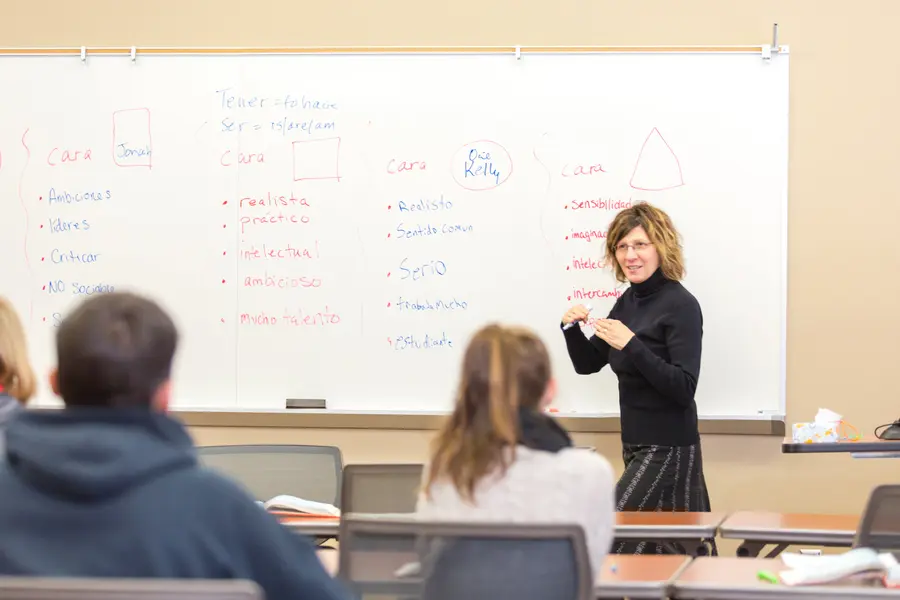
Related Programs
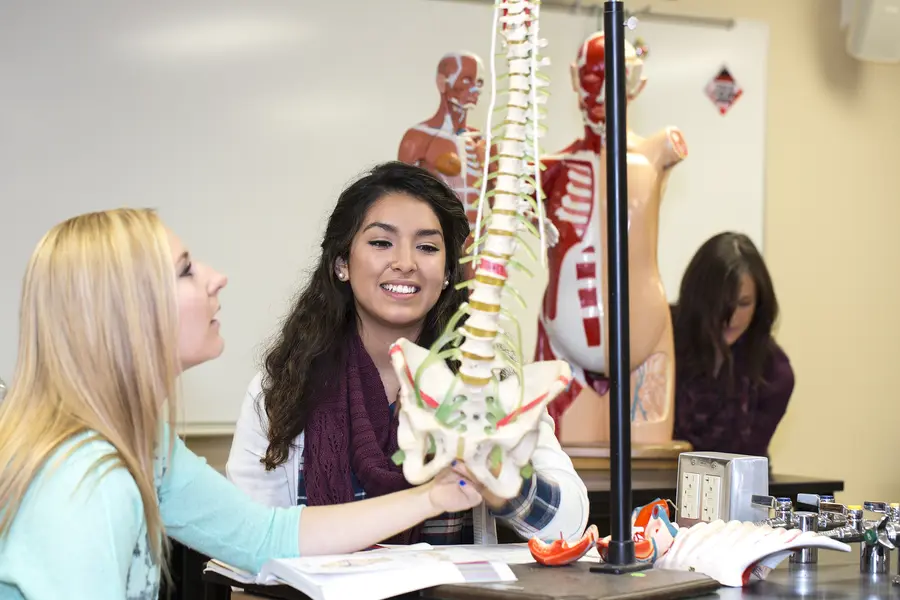
Become a Student
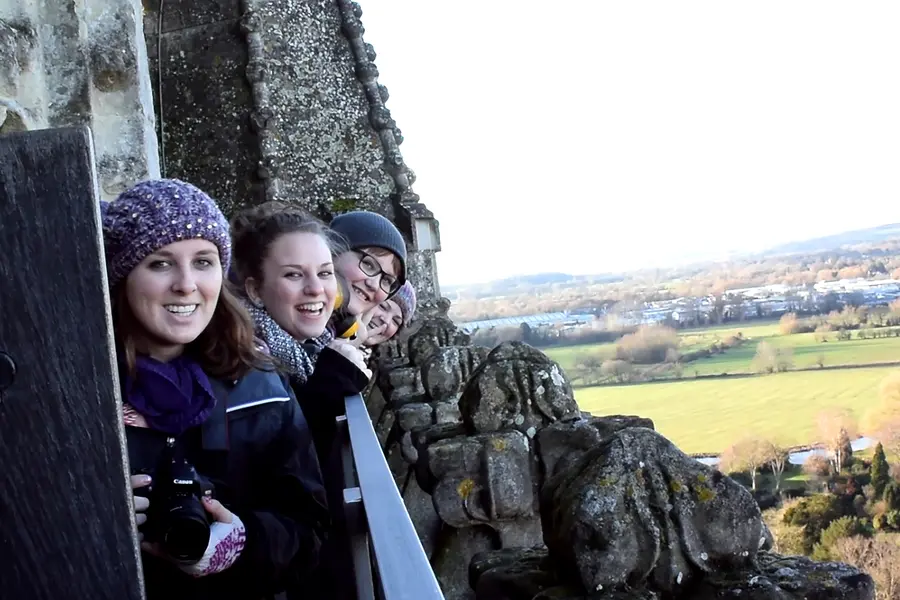
Study Abroad
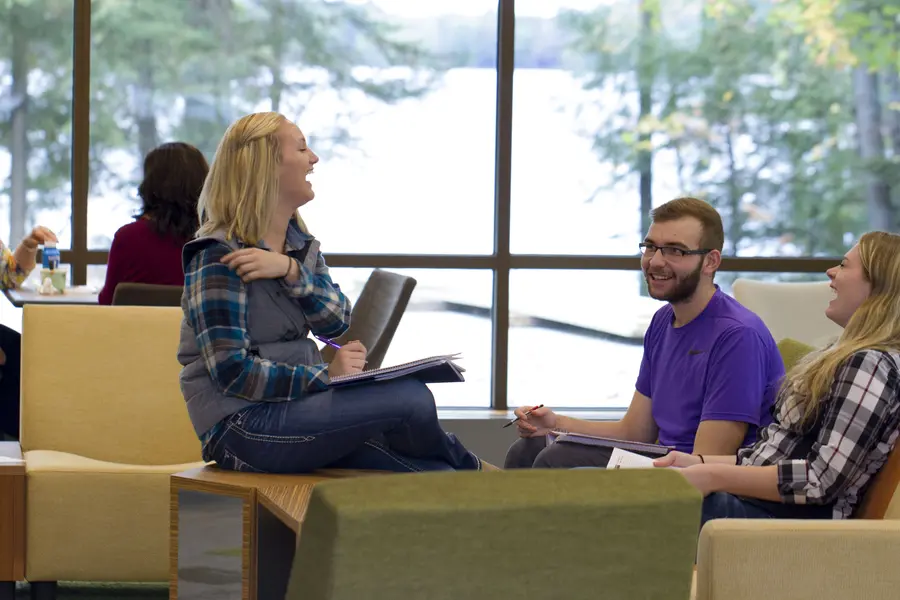
Prepare for College
